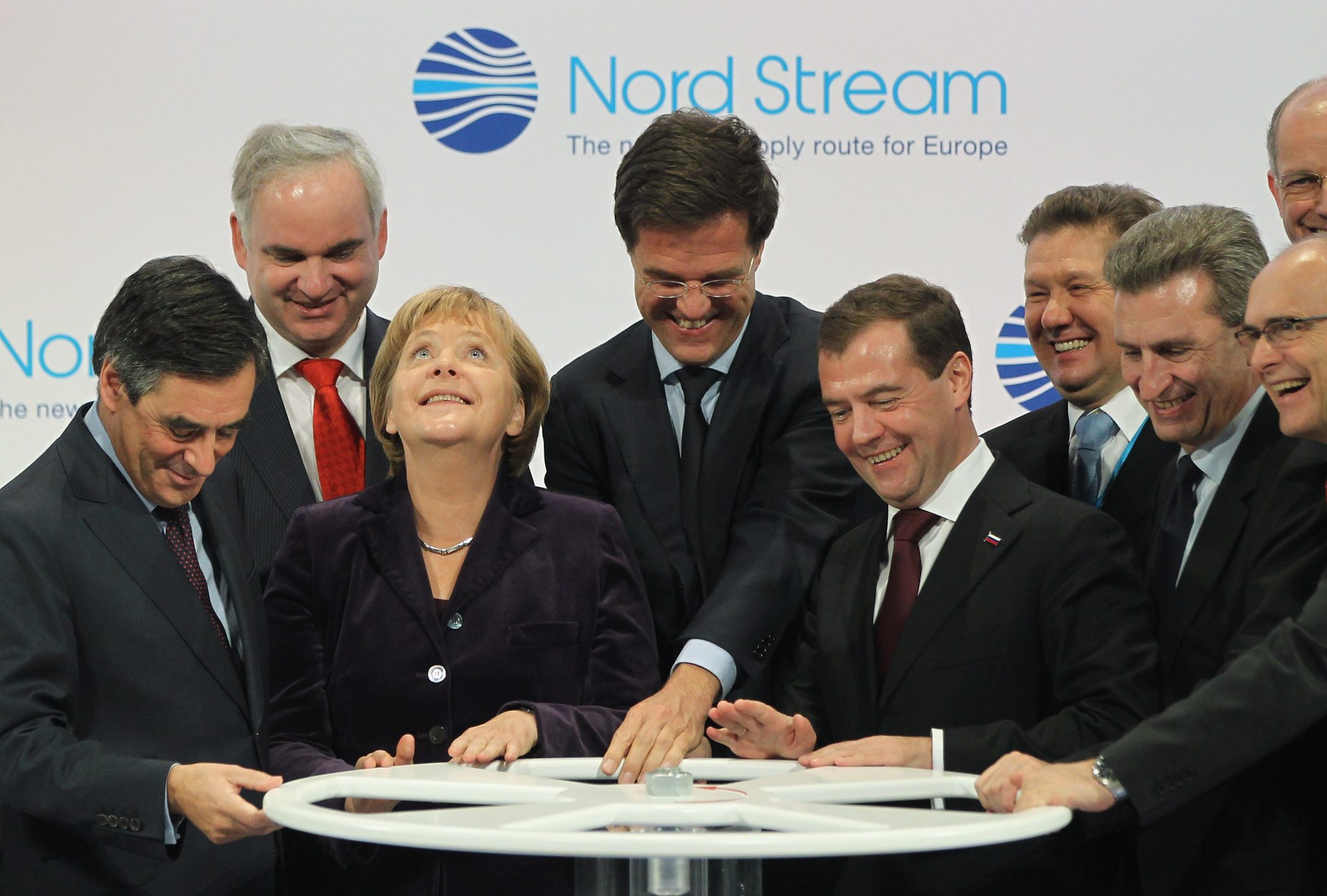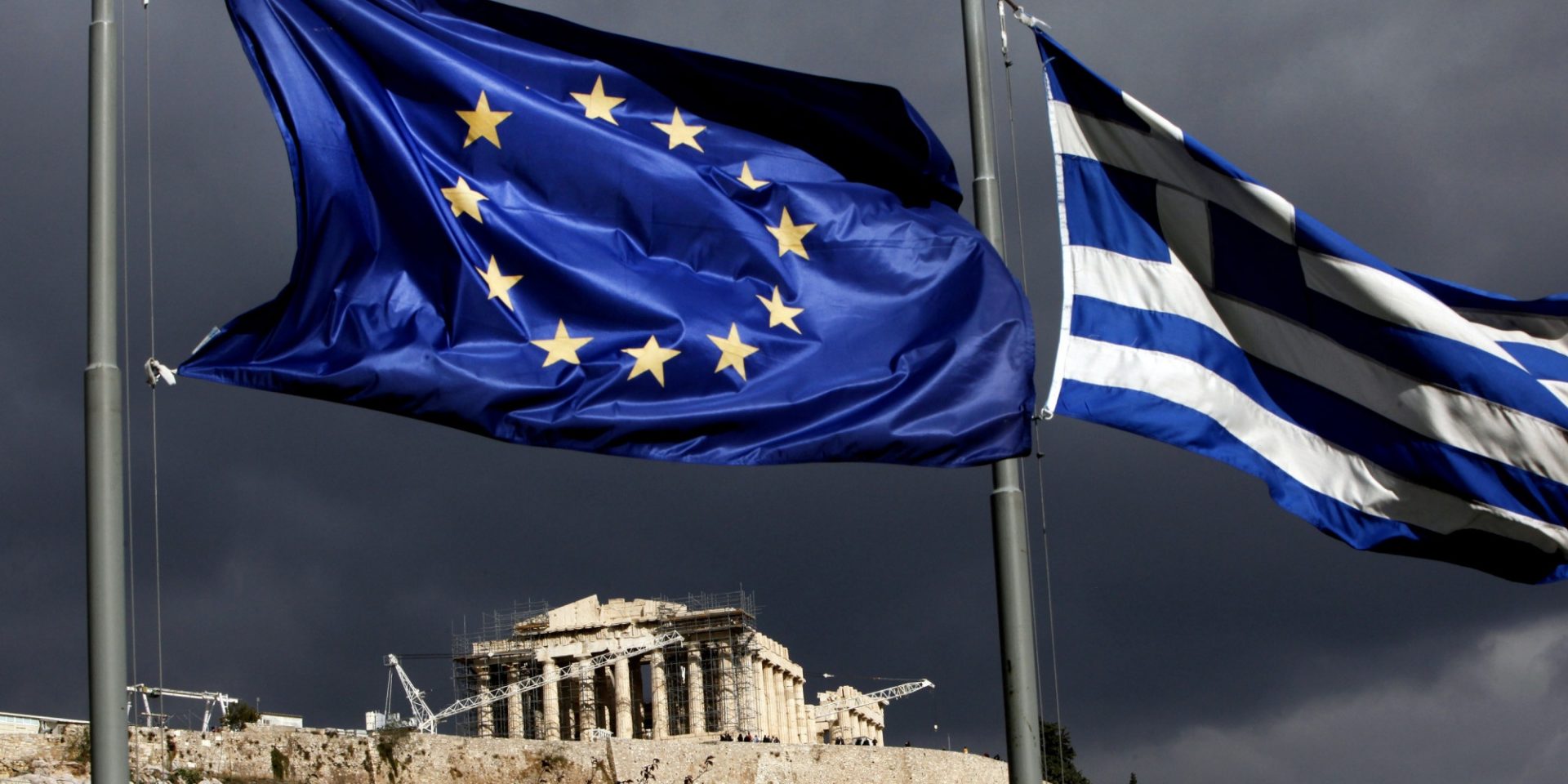
[authorbox authorid=”141″ title=”The Author”]
The potential effects of artificial intelligence (AI) on international relations cannot be understated as the global race for AI has considerably picked up the pace in recent years. Exponential growth of processing power and data collection is at the centre of an innovation process that will disrupt every aspect of our lives.[1] Just as other international actors, the EU increasingly acknowledges the urgency of this matter by promoting a common AI strategy and incentivising member states to strengthen their efforts as well.
At the initiative of the Finnish EU Council Presidency as well as Vice President of the Commission Federica Mogherini, the Global Tech Panel recently came together with EU defence ministers to discuss the potential opportunities and challenges of this ground-breaking technology. With a focus on the potential harm of lethal autonomous weapons systems and the consequences for human rights and dignity, the EU, as the champion of liberal values, indicates its desire to develop ethical standards for AI in order to guarantee its safe appliance.
Click Here to Read the Entire Policy Paper
POLICY PAPER | The EU, Foreign Policy and the Race for Artificial Intelligence | by @MatiasPeshkay#AI #ForeignPolicy
Link to the paper: https://t.co/Gup70t0eHS pic.twitter.com/qM89IqhrBb
— Vocal Europe (@thevocaleurope) September 26, 2019
[1] Schwab, Klaus (2016): The Fourth Industrial Revolution. Geneva: World Economic Forum.



